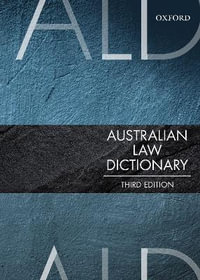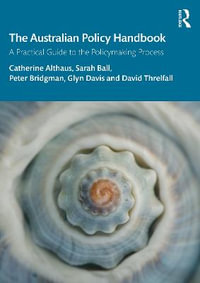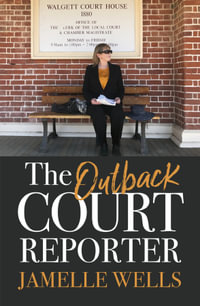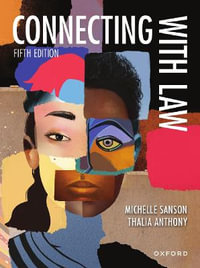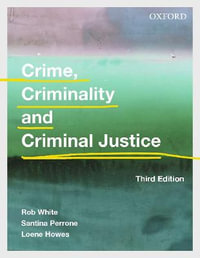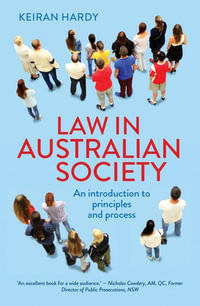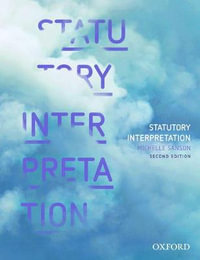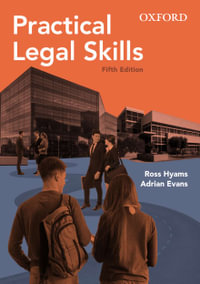This book describes and analyses the notion of Mahr, The Muslim custom whereby the groom has to give a gift To The bride on the contract of marriage. it explores how Western courts, specifically in Canada, The United States, France, and Germany, have approached and interpreted Mahr. Although the outcomes of the cases provide an illustrative framework For The book, The focus is broader than simply the adjudicative endeavours. The work explores the concept of liberalism, which purportedly champions individuals and individual choice concurrently with freedom and equality. Tensions between and among these concepts, however, inevitably arise. The acknowledgment and exploration of these intertwined tensions forms an important underpinning For The book. Through the analysis of case law from these four countries, this study suggests that transplanting Mahr from Islamic law into a Western courtroom cannot be undone: it immediately becomes rooted in the countries' legal, historical, political, and social backgrounds and flourishes (or fails) in diverse and unexpected ways. Rather than being the concept described by classical Islamic jurists, Mahr is interpreted according to wildly varied legal constructs and concepts such as multiculturalism, fairness, public policy, and gender equality. This is all the more pertinent since courts present themselves as invested in the technical enterprise of applying the law in a non-ideological manner. Returning To The overarching concept of liberalism, The book proposes that although liberalism is one possible way of framing emancipatory claims by minorities in Western societies, this has become the dominant approach underlying how Western liberal legal systems deal with claims made by Muslims in general and Muslim women in particular.
Industry Reviews
'Pascale Fournier provides a lucid introduction to comparative legal technique (marriage laws of Muslim countries differ widely, as do the relevant laws of the Western host countries), and most impressively to applied critical theory. A multi-disciplinary tour de force, opening a new territory, sure to shape the debate on how to reform current policies.' Duncan Kennedy, Harvard Law School, USA 'A cutting edge book - impeccably conceptualized and richly documented - on the tensions between Western liberal legal systems and Islamic legal concepts. By focusing on how Western courts interpret the Islamic concept of Mahr or gift to the bride, Pascale Fournier succeeds in presenting a sharp and original analysis of liberalism and multiculturalism.' Mounira M. Charrad, University of Texas, USA 'Pascale Fournier's fascinating book examines the Mahr, central to Muslim marriage, in Western legal systems. Using analytical and fictional techniques, Fournier's writing grips the reader with court cases from Canada, France, Germany, and the US, showing Muslim women of different origins, social circumstances and orientations, negotiating their rights in multi-cultural contexts.' Lilia Labidi, University of Tunis, Tunisia 'Muslim Marriages in Western Courts is a thought-provoking and unusually sophisticated book. Fournier gives us the first circumstantial, comparative account of the 'legal life' of Mahr, a concept so far unknown in Western legal systems. This superb study of the relationship between Western and Islamic law crosses many boundaries and should be relevant to anyone with an interest in women's rights and positions in plural societies. Moreover, it challenges the reader to reconsider conventional ideas about legal transplants and, more generally, about pluralism and the law.' Marie-Claire Foblets, University of Leuven, Belgium '... this is a very good book, highly recommended for those interested in Islamic family law as applied in Western jurisdictions, as well as

